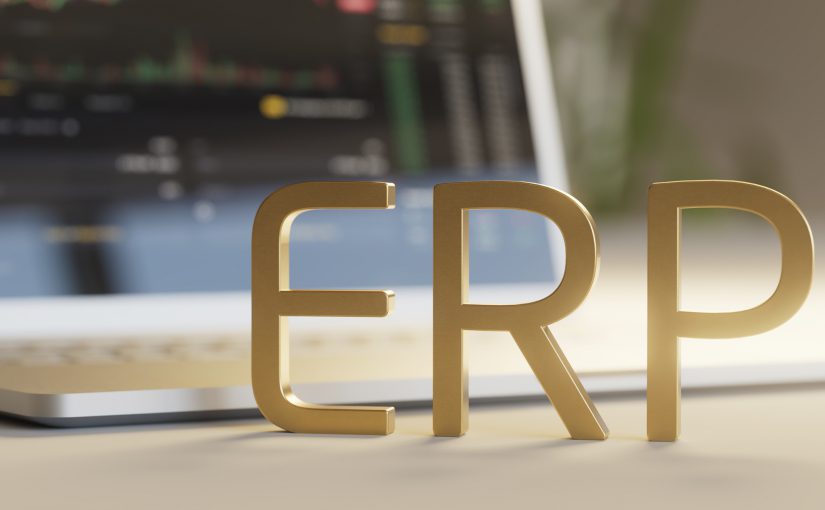While filming the travel show, “12 Summers,” Hong Kong actor Carlos Chan and singer Shiga Lin met and became close friends. Since then, they have been seen going out on dates and seem to be romantically involved. However, neither of them has disclosed the nature or extent of their relationship with the press. After keeping his relationship with Shiga a secret, Carlos announced …
Author: user
While filming the travel show, “12 Summers,” Hong Kong actor Carlos Chan and singer Shiga Lin met and became close friends. Since then, they have been seen going out on dates and seem to be romantically involved. However, neither of them has disclosed the nature or extent of their relationship with the press. After keeping his relationship with Shiga a secret, Carlos announced …
After 13 years in Toronto, singer-actress Celest Chong plans to move back to Singapore. She has decided to go home permanently in the middle of this year, so that she can care for her elderly relatives—including her 80-year-old mother. She moved to Toronto in 2010, shortly after her …
Climate inaction is the number-one global risk over the next decade, according to The World Economic Forum. Other top-ten global risks—extreme weather, biodiversity loss, human environmental damage and natural resource crises—are amplified by climate change. As …
On Thursday, SpaceX attempted to launch its new rocket—the Starship—for the first time. However, the rocket did not reach space and instead exploded in mid-flight. For SpaceX, Thursday’s test launch was a culmination of years’ worth of regulatory work and technological …
GPT-4 is a powerful and impressive artificial intelligence model that has set the bar for future AI development. GPT-4 has been shown to be better at solving certain technical challenges than …
Recently, WhatsApp has unveiled several new security features. One is called “Device Verification” and will improve the app’s defense against account takeover (ATO) attacks. Device Verification stops malware from impersonating…
A retail marketing strategy is any method used to spread awareness and increase sales of your product or company. It involves the use of many different …
Museums are nonprofit institutions owned by a society and dedicated to preserving art, artifacts, documents and other objects of historical or cultural importance. …
K-pop star Moonbin, a member of the boy band Astro and who also performed with a sub-group called Moonbin & Sanha, has died from apparent suicide, his music label and South Korean ….
A solar eclipse occurs when the Moon passes directly between Earth and the Sun. When the Moon moves between Earth and the Sun, casting its shadow over a portion of our planet. This ….
Every place has a government agency that monitors climate, weather patterns, etc. For example, The Hong Kong Observatory is a government department that mon….
Twice is a nine-member South Korean girl group produced by JYP Entertainment. Twice has the concept of moving people through the ears once and then again through their eyes. The group …
Amazon began laying off some employees in its advertising division on Tuesday as part of CEO Andy Jassy’s effort to rein in costs. Amazon let go of 18,000 people …
Google is expected to unveil its first foldable smartphone in the coming months. Google’s new Pixel Fold will be marketed as water-resistant and pocket sized, with an outside screen measuring 5.8 inches across…
The Boston Marathon is the oldest annual marathon in the world and one of its most prestigious road races. The 2023 Boston Marathon just finished. …
Sustainability is one of the most important issues facing humanity, as we look to tomorrow and worry about what our world will be like if we do not change our ways. …
Society needs to be prepared for sudden issues like power outages. When a power outage occurs, it can lead to serious consequences. …
The Golden State Warriors are a professional basketball team based in San Francisco. The Warriors are one of the teams in the National Basketball Association (NBA), and they …
The Grand Prix motorcycle ranking is the highest level of professional road racing. The Federation Internationale de Motocyclisme has been holding MotoGP events since the early 20th …
WhatsApp and WeChat are two popular messaging apps that allow users to send text messages, photos, and videos. People are increasingly concerned about their privacy when using messaging …
We live in an era characterized by the availability of vast amounts information. Artificial intelligence (AI), blockchain and the internet of things (IoT) are just a few examples of new …
The Hang Seng Index or HSI measures the value of Hong Kong’s sixty largest and most liquid companies that trade on the Hong Kong Exchange (HKEx). In 2022 …
BLACKPINK is a South Korean girl group formed by YG Entertainment. The group is composed of four members: Jisoo, Jennie, Rosé and Lisa. The South Korean girl band, …
Shawn Mendes and Camila Cabello’s relationship status is always in question. Their fans are always on the lookout for any signs of a breakup or relationship. They want to know if the two …
GPT-4 is a revolutionary artificial intelligence technology that may change our lives for the better. GPT-4 has been shown to be more effective than earlier versions of its software in …
The UEFA Europa League is an annual competition in European football. The UEFA Europa League is a European club football competition previously known as the UEFA Cup.
The UEFA Europa League is an annual competition in European football. The UEFA Europa League is a European club football competition previously known as the UEFA Cup.
Compliance requirements can vary in different places, and meeting them may be challenging. For example, some places treat the importation and sale of some types of sparklers as legal but others may prohibit it entirely. Managers in the human resources field often face many of the ….
The Michelin Guide awards its coveted stars to restaurants offering exceptional cuisine. Michelin stars have become a benchmark of fine dining, ….





























